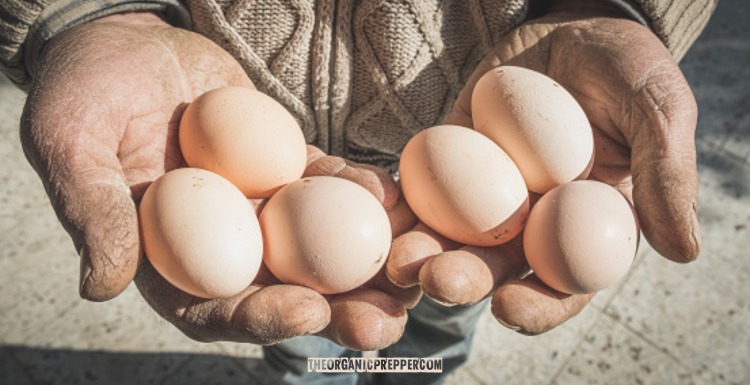If you’re new here, you may want to subscribe to my RSS feed. Thanks for visiting!
(Psst: The FTC wants me to remind you that this website contains affiliate links. That means if you make a purchase from a link you click on, I might receive a small commission. This does not increase the price you’ll pay for that item nor does it decrease the awesomeness of the item. ~ Daisy)
by J.G. Martinez
Could you live without money? Imagine the struggles of living day to day with little to no money. One of my Patreon subscribers recently sent me a video link of one man who lives without money. Mr. Boyle, the man who started it as an experiment, has lived somewhat comfortably by bartering.
Before watching the video, I thought to myself, “this guy is merely using excess resources tossed out by the wealthy to make a frugal living.” My reasoning for this is there is usually excess prosperity in wealthy societies in the developed parts of the world. Here in South America, it’s unlikely anyone will throw out a chair in perfect shape. Perhaps sell it, or gift it, but leaving it out for the garbage truck to haul away is rare.
Since the invention of money, people have looked for the means to attain it. Mr. Boyle has an interesting point of view, even philosophically speaking. He believes most people refuse to accept the necessary connection to nature for even the most basic yet vital needs, such as drinking water. Mr. Boyle feels the modern ways we get our staples, groceries, and whatever we need to live more or less decently have to change.
The resources are there, why not use them?
In the book Collapse: How Societies Choose to Fail or Succeed by Jared Diamond, I read a substantial industrial-age egg producer in Australia sent production hundreds of km away so the product would pass through a quality control process and receive an ink mark. I can hardly find any justification for this and feel it is highly inefficient. And, the consumer pays the price for decisions made such as this, not the producers.
My point is, we have the resources necessary to put to good use empty inner-city buildings that currently waste space.
Next to our home, a large property has a few corn plants, but most of its 2500 square meters (over 16000 square feet) are empty. This property is in the center of the town. In the right hands, the property could be a production center with tilapia ponds, beans, greenies, rabbits, and poultry. Sadly, the property owners don’t have that intention. They bought the property to hold until it increases in value. They will sell it in the future for several times the original value. (Even though no one made the necessary service upgrades to the property.) Sure, this is a common practice for those with money in hand. However, doing so creates a shortage of living space, especially in…
